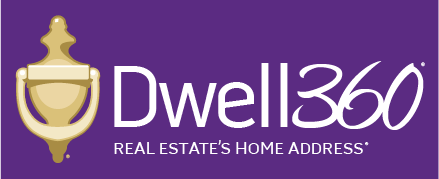Want to Break Into Investment Properties? Consider These Factors Before You Buy.
Making money from a rental property seems like a quick and easy investment—but it’s about far more than putting down an investment and waiting for the money to roll in. If you own a home, you already know that home ownership involves maintenance, time, and personal energy.
Consider these factors before you add another home (or homes) to your list of responsibilities:
- Property Management: You, your tenant, or a third-party property manager will need to take care of orchestrating any necessary repairs and making sure the property stays in top condition. The person taking on those responsibilities should be defined in the lease. You should expect to either pay your tenant or a third-party manager—or put in the time and effort yourself.
- Variable Expenses: Upkeep issues—like replacing water heater or HVAC units and repairing plumbing—will cut into your profits. Make sure you have money set aside to handle normal wear-and-tear, as well as unexpected hazards like natural disasters, to minimize the impact of high-cost home repair.
- Fixed Costs: Property taxes, mortgage payments, property insurance, and perhaps property management fees are standard yearly expenses.
- Neighborhood: Crime rates, neighborhood demographics, schools, and local jobs will all influence the rent you can expect from your property. Check your local library or police records for neighborhood crime rates, the U.S. Bureau of Labor Statistics for local job markets, and the municipal planning department for future development or new amenities planned in the next few years that could help or hurt your property value.
- Vacancies: Rental vacancies are down slightly according to the Census Bureau’s 2013 report—but that’s still 7.4 percent of rentals vacant at any one time. You can expect to have the property sitting empty at least occasionally, cutting into your overall profit. It’s particularly important that you or a property manager check the property during this time to protect against damage from theft, unexpected water damage, or vandalism.
If you’re considering becoming a rental property owner, consider, take into account the total cost of the property. This includes the total amount you’ll spend—closing costs, any up-front repairs or remodeling, and any added realtor’s fees. Next, figure out your average annual rent based on comparable properties in the area, and decide whether it’s a reasonable investment. Owning a rental property is time- and resource-intensive, but with the right strategy it can be lucrative. The choice is yours.
Dwell360 is a residential real estate firm based in Boston and Newton Massachusetts. Dwell360 services the cities and suburbs of metro Boston. We are focused on our customers and our experience in the residential real estate market is extensive. Search for homes in Massachusetts and then give us a call.


